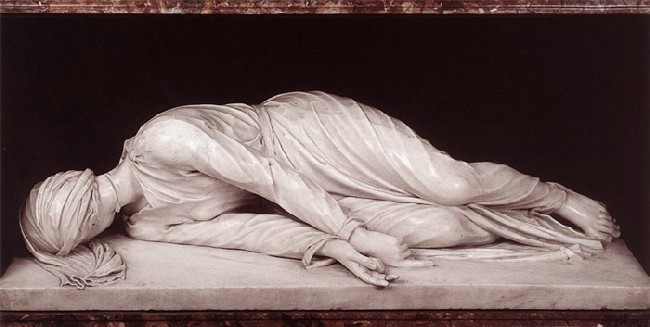Recently, three lay people who do not live near each other met at a monastery for what is called a mini conclave — a time to meet in person and pray. They had only met before on through the Internet. The mini conclave (one of the meanings of the word conclave “is a meeting especially of a group with shared or specialized interests.”) illustrates that the Internet is a new and important facilitator for oblate monasticism in the 21st century.
Monastics use the Internet because the Internet:
1. Finds Other Monastics. Interactions among monastics in Internet-based associations help identify common interests. This promotes cohesiveness in a diverse group of people.
2. Filters out Differences. The Internet tends to filter and lessen the differences that can divide people.
3. Avoids Intrusions. Use of the Internet for communication allows monastics to communicate only when he or she wants, interruptions are avoided. If monastics developed the standards for the perfect method of monastic communication, it would be the Internet.
4. Provides easy access to resources. The Liturgy of the Hours often prayed and sung by monastics traces its roots back 3,000 years to the Jewish Old Testament practices and much of the other foundational material is centuries old. Because so much of the material is not subject to copyright, Internet web sites can often provide the very best materials --from the ancient saints and doctors of the church.
The Internet has characteristics that aid all monastics. Internet communication fosters the monastic characteristics of silence, isolated contemplation, and reading. Communication with other people is faster, easier, less expensive, and comes into our life only at the times we choose. A home library suddenly has access to more books than contained in any physical library.
A growing number of monastics use the Internet in the 21-century for new forms of communication that were unknown in history, but whose result still produces the gathering of two or more in his name and the praying of the Liturgy of the Hours for his glory.
Sunday, April 6, 2008
The Internet and 21st-century Benedictine oblate communities
Subscribe to:
Post Comments (Atom)






No comments:
Post a Comment